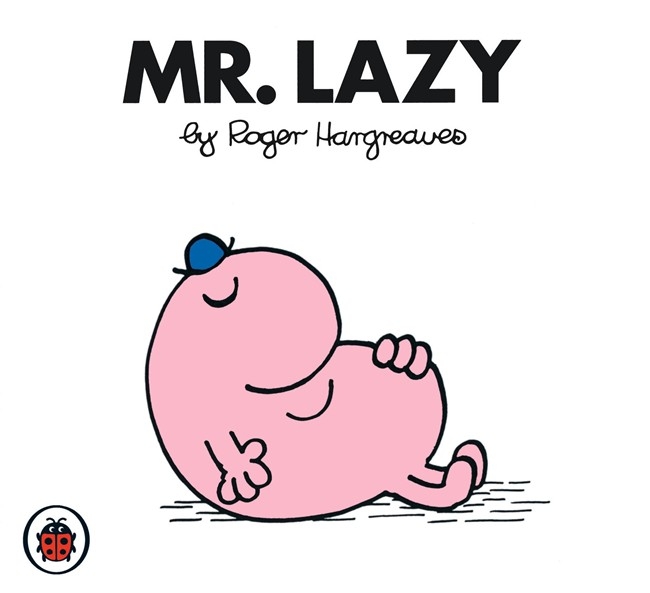 Yesterday it was my 30th birthday and I had an excellent day of relaxing with friends and family, shopping for new toys and scoffing loads of amazing food and drinks. Awesome. It was also great because I felt like the day was open rather than planned and we could make it up as we went along. Nothing was too fixed and it meant that I didn't have to plan everything carefully. I could just relax and we could do whatever we felt like doing.
Yesterday it was my 30th birthday and I had an excellent day of relaxing with friends and family, shopping for new toys and scoffing loads of amazing food and drinks. Awesome. It was also great because I felt like the day was open rather than planned and we could make it up as we went along. Nothing was too fixed and it meant that I didn't have to plan everything carefully. I could just relax and we could do whatever we felt like doing.This kind of switching off from careful planning though, is a break from the norm. Solomon knows how important good planning and hard work is, even with the unpredictability of life...
Ecclesiastes 11:1-6
If you're able to invest time, energy or money into something or someone without losing hold of your other responsibilities before God, then go for it! Why not? Who knows what will happen? God does and he may well bring back a reward from what you did. I think of the time I spent leading a 'Romance Academy' for young people to explore the value of sex and relationships. Every now and again I get a text or meet up with someone whose life has been affected by it and they still want to keep in touch or ask for some guidance or just catch up together. Brilliant. It was an investment in people and I only get a little glimpse of what God did and is still doing because of it. Solomon says... 'Ship your grain across the sea; after many days you may receive a return. Invest in seven ventures, yes, in eight; you do not know what disaster may come upon the land.' (v1-2).
Solomon knows that life is unpredictable. Verse 3 talks about a tree falling. It will fall wherever it falls and we can't predict it. It's like this in life isn't it? So many things we can't predict or affect how they will turn out. And Solomon's response to this truth is to advise against idleness. If we're lazy, we'll miss out (v4). He then talks about how God is at work in all the unpredictability of life, working his creative power in all things (v5). It's a mystery and he likes to surprise us rather than let us see it all in advance so that we can learn to trust him completely. This still doesn't mean we can cop out and be lazy though. God is busy for us as an example of how we should also be at work as life unfolds. It's not stressful work though, if we're trusting him for in all that happens - good and bad.
A prayer - Father God, thank you that I can trust you completely because you are always good and you are in control of everything. Thank you that I can trust you even in the middle of horrible situations as well as when I'm having fun. Thank you that you're always working mysteriously in the unpredictability of life and that you have given me work to do for you too. Please help me to see the opportunities to invest and to live this life to the full - to enjoy it, not endure it. Amen!





